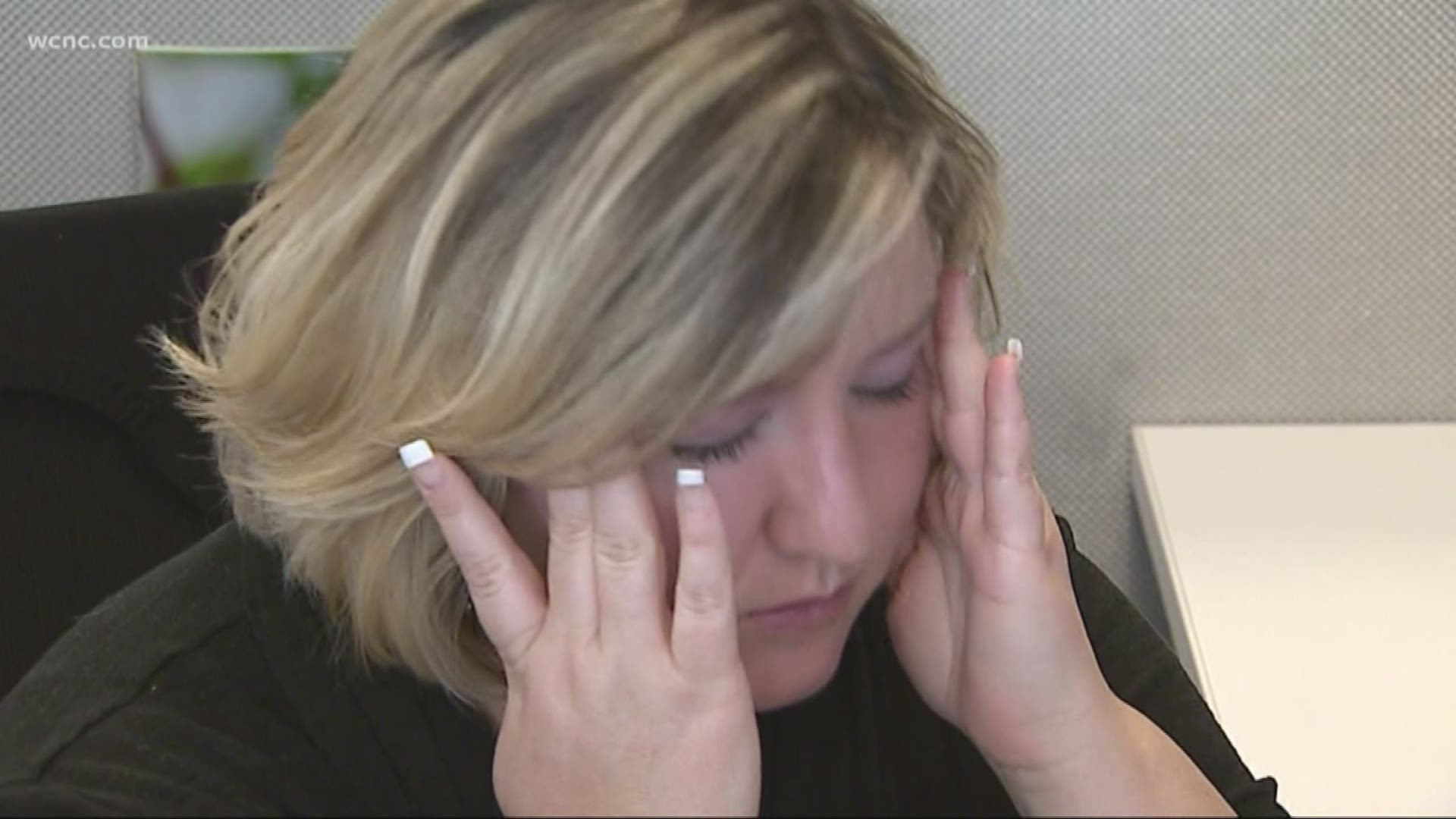CHARLOTTE, N.C. — On Sunday, March 8, we "spring ahead" by changing our clocks forward one hour for Daylight Saving Time.
But can one hour of lost sleep really impact how we feel? As it turns out, yes, especially if you already struggle to fall asleep at night. Luckily, there are some things experts say you can do to prevent feeling sluggish in the days after the bi-annual time change.
Dr. Harneet Walia of the Cleveland Clinic says people who struggle to get a good night's sleep will feel it the most.
"We, as a society, are already sleep-deprived," Dr. Walia said. "A normal person requires at least seven to eight hours of sleep on a daily basis, and we know that the majority of us don't get that much amount of sleep."
Luckily, the time change doesn't come as a surprise, so there are things you can do ahead of time to minimize its impact.
"We recommend a few days earlier than the time change is supposed to occur, start going to bed 15 to 30 minutes earlier than your usual time," Dr. Walia said. "That way, your body will adapt, slowly, but surely, when that time change occurs."
RELATED: VERIFY: Daylight Saving Time Myths
For a good night's sleep, it's best to keep the room dark and avoid looking at devices. Blue light from screens can suppress melatonin, a hormone that regulates sleep. If you're still dragging in the morning, sunshine and caffeine may help.
"We tell people to expose themselves to bright light in the morning. Sunlight is a great thing," Dr. Walia said. "If they're feeling sluggish, caffeine is okay for that day, but not later during the day, because that can then impair their sleep during the nighttime."
Daylight Saving Time officially begins in the Carolinas at 2 a.m. on Sunday, March 8. We will "fall back" to Standard Time on Sunday, November 1.

